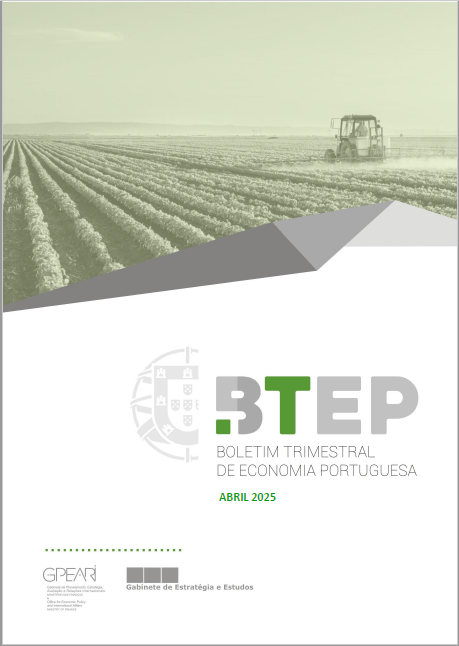Backward and forward integration are growing in most sectors across the European Union (EU). To benefit from this increasing participation in Global Value Chains (GVC), the increase in imports should be followed by adequate growth in exports. The external dependency of many industries and the corresponding low domestic value-added generated in production, combined with relatively weak export potential can cause high trade deficits and growing external debt to GDP ratios. This paper evaluates the inter- industry participation in GVCs considering eight different EU economies and 25 tradable sectors. Based on Input- Output production multipliers and intermediate import coefficients, we propose an empirical method to assess the evolution of vertical specialization, domestic value-added generation and external dependency. After a convenient arrangement of the Leontief inverse matrix, the evolution of backward linkage indicators can be used to detect structural changes, particularly quantifying a "net growth effect" and an "external dependency effect". This method allows the classification of each sector into different areas considering their recent structural evolution and it can be useful as a simple, but suggestive, device to compare different economies in a given period or assess their structural development processes in time. A detailed comparison of one EU periphery country (Portugal) and one EU core country (Germany) is made, based on WIOD data for the period 2000-2014, followed by a brief presentation of six other cases (Austria, Check Republic, Belgium, Finland, Greece, and Netherlands). Particular attention is given to differences within and between countries before and after the global financial crisis.





 Conselho para a
Conselho para a